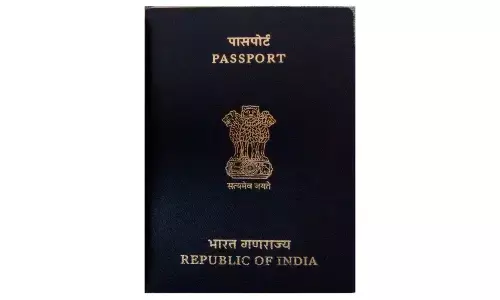The emerging trends in blockchain

The emerging trends in blockchain
Non-Fungible Token (NFT) is introduced which is something unique and unlike other tokens or digital assets aren’t mutually interchangeable
Though, an inter-ministerial committee (IMC) constituted under the chairmanship of Economic Affairs Secretary on digital currencies recommended for a complete ban on crypto currency and/or private digital money in India, the ministry of finance has later clarified that the government is open to evaluate and explore new technologies including cryptocurrencies, for improving governance. The advancements in cryptocurrency and blockchain fields are already breaking boundaries.
A cryptocurrency is an asset designed to work as a medium of exchange wherein an individual coin (unit) ownership records are stored in a ledger existing in the form of computerised database. It uses strong cryptography to secure transaction records, to control the creation of additional coins/units and to verify the transfer of coin ownership. It doesn't exist in physical form and hence not controlled or issued by any central authority.
The excess printing of money (fiat) during the Great Financial Crisis has shown that there is no limit of fundamentals for the governments to create new money in order to keep the house in order and so over a period of time would deteriorate in value. So, in an approach to counter the influence of authority in deciding the value of money, the decentralisation of control was pondered through the availability of cryptocurrency. This works through distributed ledger technology, typically a blockchain that serves as a public financial transaction database. Bitcoin was the first decentralised cryptocurrency released in 2009 as open-source software.
This paved way for the alternatives like tokens and other digital assets. Crypto tokens are the fungible and tradable asset or a utility created over an Initial Coin Offering (ICO) this is similar to the IPO of a stock. While cryptocurrencies and altcoins are specific virtual currencies that have their own dedicated blockchains and are primarily used as a medium for payments, tokens operate on top of a blockchain that act as medium for creation and execution of decentralized apps, smart contracts and facilitating the transactions.
But 'altcoins' and other crypto assets are fungible - could be replaced by an identical item or lack distinctiveness. To overcome this, a Non-Fungible Token (NFT) is introduced which is something unique and unlike other tokens or digital assets aren't mutually interchangeable. NFT is used to create verifiable asset ownership and possibly of asset interoperability across multiple platforms. It's being extensively used in the applications of digital art, digital collectables and in online gaming.
NFT along with blockchain technology enables the ability to provide proof of authenticity, ownership of digital art. The NFT has suddenly broken the barriers with Christie's, the auction house's first NFT art managing to sell a digital art for $69 million. The bidding war exploded on the collage of artwork named: 'Everydays: The First 5000 Days' ending with a price tag of $69.35mn. This auction also marks the first time Christie's planned acceptance of cryptocurrency as a form of transaction.
These are still the nascent stages of implementation and people are still trying to find out the intricacies of the NFT on how they impact the digital ownership of assets on blockchain. This technology has enabled verifiable digital ownership and the resale of anything from digital art to NBA highlights that have re-sold for thousands of dollars. So why pay for the digital art that could be viewed, downloaded for free on the internet? Unlike physical art, ownership can't be proven merely by possession which is why the public history of an uneditable blockchain presents real value for digital art that can be readily copied.
Instances like these are making investors to take a peek into the future possibilities with these emerging technologies. Though for now restrictions are galore for investing into cryptos in India investors looking to make exposures into these technologies could explore through ETF (Exchange Traded Funds) listed in the US by overseas investing within the stipulated quantum in a year. Blockchain ETFs own stocks in companies that have business operations in these or in those that profit from it. Some of these ETFs have managed to outperform the broader markets over the last one year.
(The author is a co-founder of "Wealocity", a wealth management firm and could be reached at [email protected])














